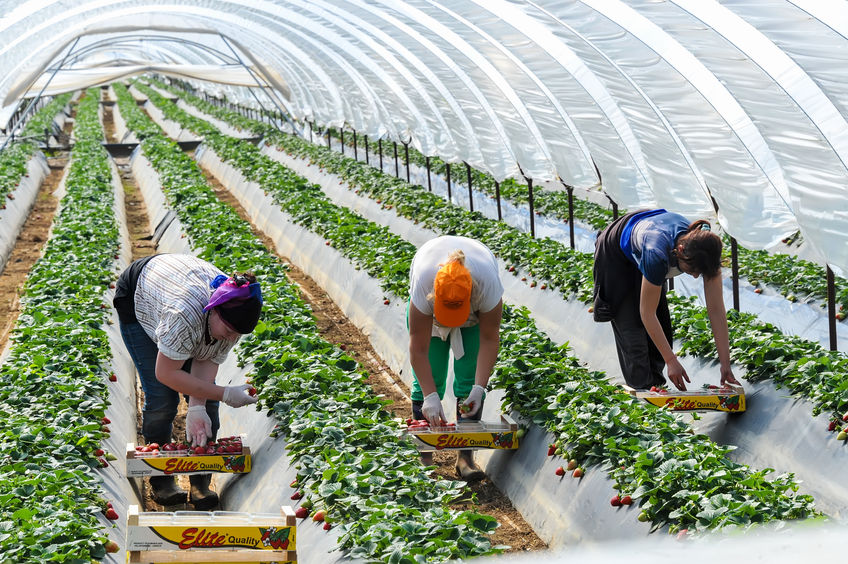
A major new study aims to shed light on the current labour and skills shortages responsible for the staffing crisis in the farming industry.
Farm employers are needed to help researchers look at the issues of current skill levels, critical skills gaps and priority training needs within agriculture.
The University of Exeter study wants to analyse the changes taking place in the UK farming industry, including opportunities and constraints to growth.
It will also look at how these might influence farm employers' skills needs over course of the next 10 years.
Experts at the university aim to estimate current and anticipated future UK workforce numbers.
The research will create a profile of the agricultural workforce, including demographic information, skill levels and qualifications.
It will also show the prevalence of skills shortage and recruitment difficulties within the industry.
Farm labour shortages have been made worse by Brexit and the global coronavirus pandemic.
Looking at the future, the situation remains unclear due to the impact of new technology and changes in the UK's immigration policy.
Professor Matt Lobley, from the university, has urged farm employers to take part in the survey.
“While the farming community is used to dealing with uncertainty and factors outside of their control, change in the contemporary climate is happening at such a rate that the situation regarding labour and skills is in crisis.
“This research will give the industry an essential and accurate picture of farm labour and skills requirements, both now and in the future.”
The experts hope to discover how changes in agriculture are influencing employers’ skills needs, and the prevalence and drivers of skills and labour shortages.
Their survey will also look at attitudes towards training, technology-related skills issues, and related barriers and current training opportunities.
Dr Caroline Nye, also from the university said: “Our research will help to produce a more complete picture of the industry labour force requirements in England.
"We will obtain information about different sectors of the industry and different regions, as well as what is driving change, attitudes, barriers and opportunities to training.”
